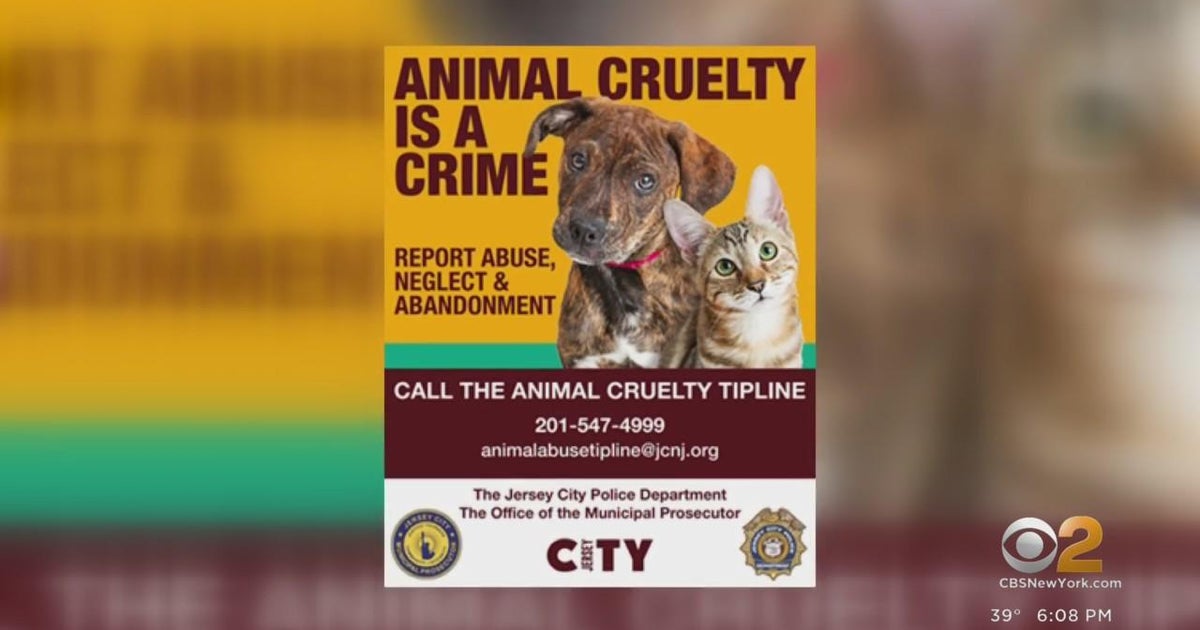In the heart of New Jersey, the welfare of animals is safeguarded by laws designed to protect them from cruelty and neglect. But how robust are these laws, and what does it mean if someone is charged with animal cruelty in this state? Can the police take decisive action against offenders, and how do Fourth Amendment (4A) violations play into this serious issue? This article navigates the intricate legal landscape surrounding animal cruelty charges in New Jersey, shedding light on the responsibilities of law enforcement, the potential for prosecution, and the implications of constitutional rights.
Animal cruelty, in its most basic definition, encompasses any intentional or neglectful act that causes suffering or harm to animals. In New Jersey, the law categorically prohibits such actions, classifying them as misdemeanors or felonies based on the severity of the offense. From abuse and abandonment to inhumane treatment, the legal framework aims to ensure that animals are treated with dignity and compassion.
So, can the police charge you with animal cruelty in New Jersey? The straightforward answer is yes, they can. When presented with evidence or a credible report, law enforcement officers have the authority to investigate alleged acts of cruelty. This often involves gathering testimony from witnesses, collecting physical evidence, and even conducting inspections of premises where animals are housed. It is crucial for the police to adhere to lawful procedures during these operations to ensure that any findings are admissible in court.
One of the pivotal challenges with animal cruelty cases lies in the very nature of the evidence. For law enforcement officials, proving animal cruelty can be a nuanced endeavor. Unlike many crimes, animal suffering is not always immediately visible, and perpetrators often go to great lengths to conceal their actions. This raises the question of how much leeway police have when obtaining evidence. Are they allowed to enter private property if they suspect animal cruelty, or must they adhere strictly to the Fourth Amendment?
The Fourth Amendment protects citizens from unreasonable searches and seizures. This constitutional safeguard means that police may require a warrant to enter private property unless certain exceptions apply. For instance, if an officer perceives evidence of animal cruelty in plain sight or receives consent from the property owner, law enforcement may act without a warrant. However, cases involving probable cause may present challenges, especially if the alleged acts do not clearly constitute an emergency requiring immediate intervention.
In practical terms, this raises a question for compassionate citizens: What do you do if you suspect animal cruelty? The first step is to report your observations to the appropriate authorities, such as local animal control or law enforcement agencies. Providing detailed information can help initiate an investigation. Nevertheless, a crucial aspect to remain aware of is the potential implications of 4A violations. If police officers conduct an illegal search, any evidence obtained may be inadmissible in court, thereby complicating the prosecution’s case against the alleged abuser.
Legal nuances aside, animal cruelty cases often draw attention to a broader societal issue. For many, the protection of animals resonates on a deeply emotional level, prompting citizens to take a stand against neglect and maltreatment. Community awareness and involvement are vital in rallying support for stronger policies and the diligent enforcement of existing laws. By raising awareness, communities can help shift perceptions about animal welfare and advocate for those who cannot speak for themselves.
It’s essential to recognize that animal cruelty convictions vary widely, influenced by the specifics of each case. A conviction could lead to misdemeanor charges with relatively light penalties, while more severe acts could result in felony charges leading to substantial prison time or hefty fines. These potential repercussions underscore the importance of ensuring proper legal channels are followed when charges are pursued.
In New Jersey, the implications of animal cruelty charges go beyond mere legal penalties. Conviction can result in loss of pet ownership privileges, mandatory counseling, and even community service. This serves as a stark reminder: the justice system takes animal welfare seriously. It reflects a collective societal responsibility to ensure that animals are treated humanely.
Ultimately, the enforcement of animal cruelty laws involves a delicate interplay of compassion, legal statutes, and constitutional rights. While police can and do charge individuals with these offenses in New Jersey, the complexity of such cases is often compounded by the need for lawful search and seizure practices. The commitment to protecting animal welfare is not just a matter of legislation but speaks to the conscience of society as a whole.
Can we, as individuals, rise to the challenge of being vigilant advocates for animal rights in our communities? Will we ensure that the laws protecting these innocent beings are not just words on paper but are actively enforced? Each of us has a role to play in crafting a future where all creatures can live free from harm. A society that prioritizes the protection and humane treatment of animals reflects a moral and ethical standard that we should all strive to uphold.








